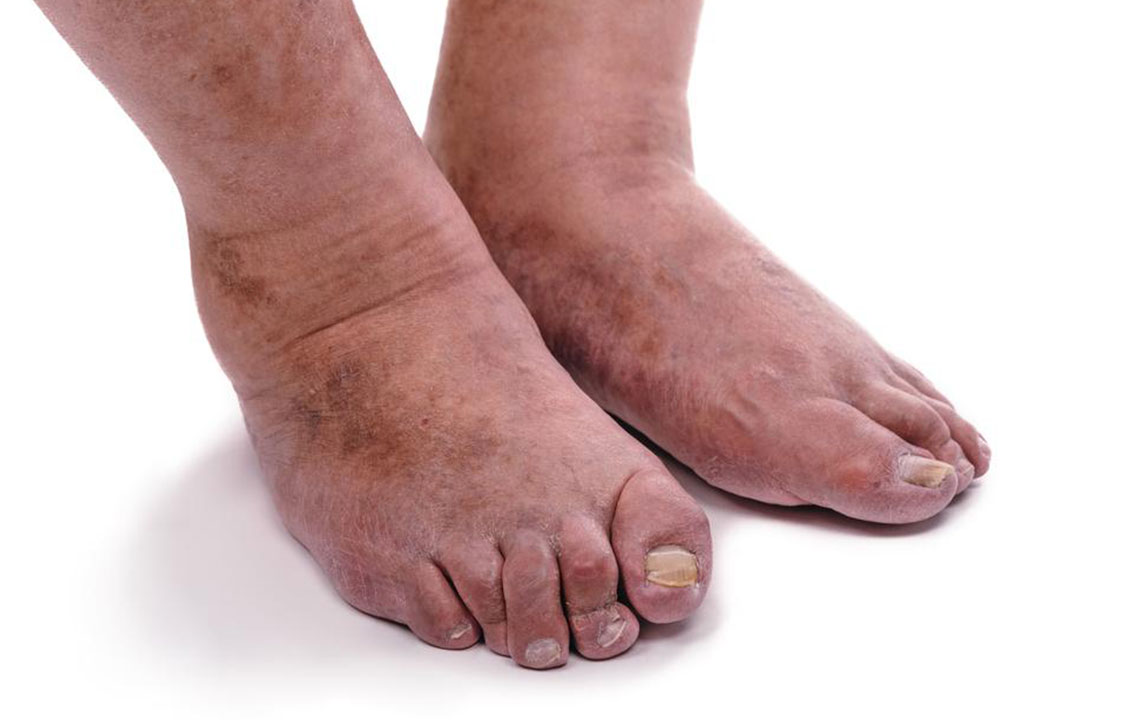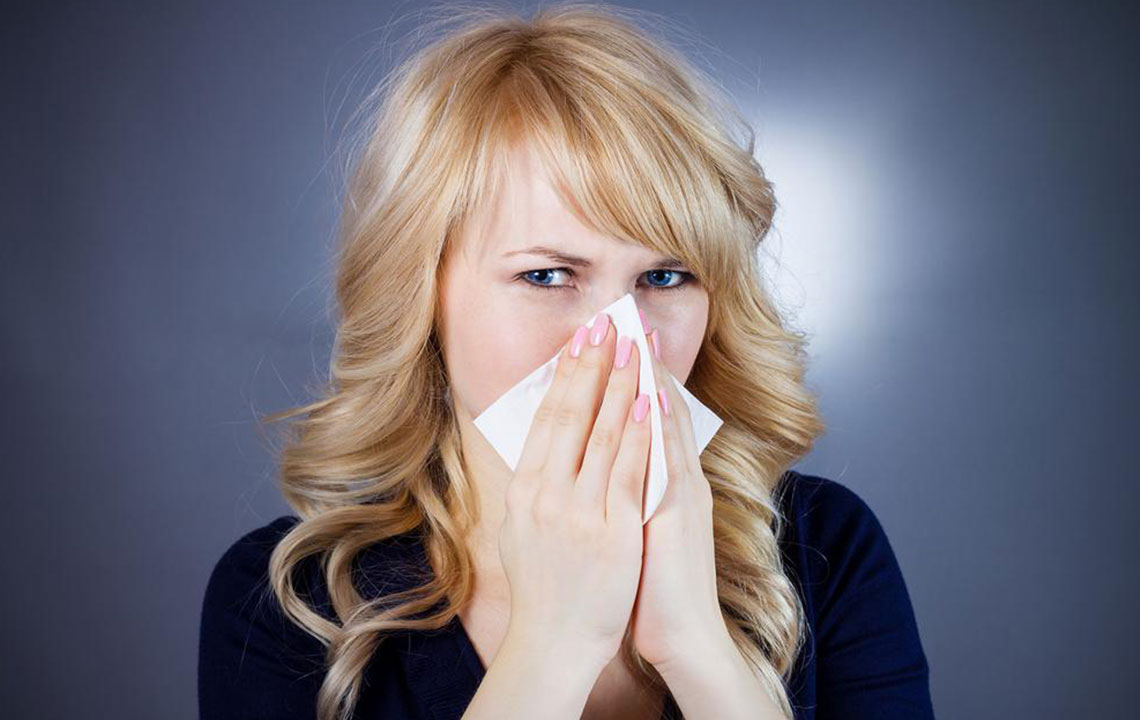Important Things You Need To Know About Sinusitis
Important things you need to know about sinusitis
A much prevalent illness that affects people across the world is the sinus infection. It is a common condition categorized as acute or chronic, where serious infections need urgent sinus treatment.
Sinuses are four major air-filled hollow cavities that connect the space between the nostrils and nasal passage. When the tissues lining the sinuses swell up, doctors call it sinusitis or sinus infection.

Types of sinusitis
- Acute sinusitis – It occurs not more than thrice a year and lasts not more than eight weeks. Each episode lasts for a maximum of 10 days. Medication helps in acute sinusitis by counter-reacting with the damage done to the mucous lining of the sinuses and the surrounding bones of the skull.
An acute sinus infection usually occurs in the form of a viral infection in the upper respiratory tract, but allergy-causing substances can also trigger it. The cells of the sinus lining are damaged by viral infection, leading to inflammation. The nose gets constricted as the lining thickens. The nasal passage is connected to the sinuses, and therefore, the obstruction in the nasal passages disturbs the process of removing bacteria, present in the nasal passage. The bacteria multiply and invade the sinus lining.
- Chronic sinusitis – It occurs more than four times a year with 20-day long symptoms or lasts more than eight weeks a year.
Apart from viruses, bacteria, allergens, and pollutants, fungi are also a prominent cause of chronic sinus infection, especially in people who have a weak immune system. Moreover, medications designed to modify or improve the immune system may also build the risk of developing a sinus infection.
Symptoms of sinusitis
The main symptoms of acute sinusitis include the following:
- Facial pressure and pain
- Blocked nose
- Running nose
- Cough
- Congestion
- Fever
- Bad breath
- Fatigue
- Dental pain
Having two or more of the above symptoms or having green or yellow nasal discharge might imply sinus infection.
The symptoms of chronic sinusitis include the following:
- A feeling of congestion or fullness in the face
- Nasal blockage
- Pus in the nasal cavity
- Fever
- Discolored postnasal drainage
Along with these symptoms, you may also have headaches, bad breath, and tooth pain.
Diagnosis of sinusitis
Typically, to diagnose a sinus infection, the doctor critically studies the medical history of the patient, evaluates the symptoms, and performs some physical examinations, which may include CT scans and ultrasound. Only after proper diagnosis, the doctors go on to discuss the sinus treatment because several other conditions also have similar symptoms.
Sinus – Treatment options
- Go the allopathic way
For simple infections, sinus treatment includes a decongestant prescribed by doctors and saline nasal washes. A decongestant should, however, not be used for more than three days as it may make it more congested. The doctor may also prescribe antibiotics that help patients do away with symptoms within 10 to 14 days.
For chronic sinus treatment, warm and moist air can help to deal with symptoms. Using a vaporizer or inhaling steam from a pan of hot water can help. In some cases of sinus drainage treatments, the doctor may include steroids along with antibiotics.
For a patient who is diagnosed with allergies, the doctor prescribes an antihistamine. If a fungus infection is a cause, the probable medication is an antifungal medicine. For patients with immune system deficiencies, the doctor will probably recommend an immunoglobulin, which boosts the immune system and helps the body fight foreign substances. - Try some home remedies
A few home remedies for sinus drainage can be of help too. Compressing the nasal area can reduce pain in sinuses and the nose. Saline nasal drops can also provide a lot of sinus congestion relief. Over-the-counter decongestants and drops can be one of the best sinus allergy relief medicines, only if taken as recommended.
Can sinus infection be prevented?
There is no guaranteed way to prevent sinusitis. However, certain things can help you keep away from the infection are as follows:
- Avoiding smoking and secondary smoking
- Washing hands regularly, especially during cold and flu season
- Being aware of allergens, and staying away from them
What happens if sinusitis is left untreated?
The pain and discomfort persist until it starts to clear up. However, in rare cases, untreated sinusitis can lead to meningitis, brain abscess, or an infection of the bone. Consult the doctor and talk about your concerns in detail. Self-medication might reduce the immediate misery, but only a proper doctor’s consultation, diagnosis, and sinus treatment can help to prevent the future attacks or to cure the condition completely.




